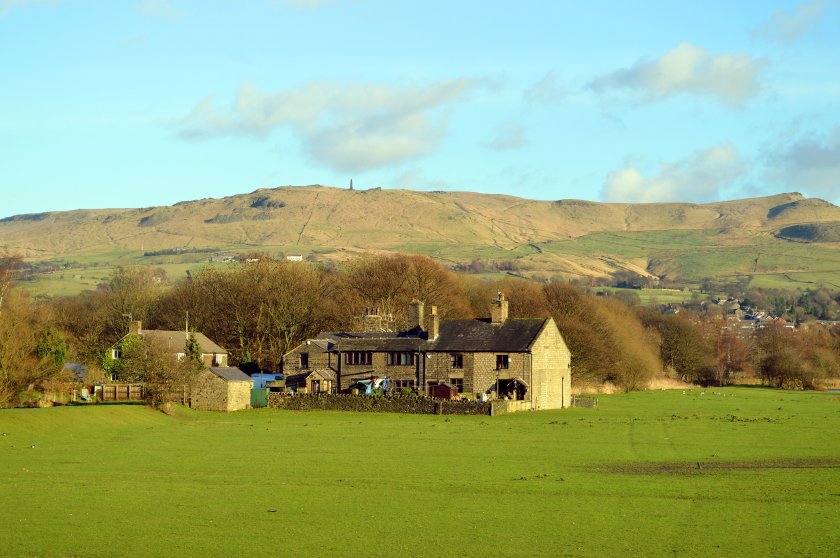Ensure zero VAT rate is passed on for energy saving measures, experts say

Rural house owners should ensure zero VAT rate is being passed on for energy saving measures, according to Saffery Champness.
The introduction of the zero rate of VAT for the installation of energy saving materials in residential properties in April 2022 has provided 'genuine opportunities' for property owners to enjoy a VAT saving on the cost of such installations.
However, the change in the VAT rate has passed some by, including contractors who are installing for example solar panels, biomass heating systems, and insulation.
Saffery Champness is advising all who have had energy saving materials installed since the VAT rate went down to 0% to double check whether the contractor has applied the correct VAT rate and, if not, then to take steps to have the overcharged VAT refunded.
Owners of rural residential properties, whether that be the main farmhouse or houses for farm workers, are facing crippling energy costs.
In light of this, many are taking positive steps to make their properties more energy efficient, and investment in new installations is very much part of that.
Rural landlords with a portfolio of residential properties are already required to ensure those properties have an Energy Performance Certificate (EPC) rating of no lower than E unless an exemption has been applied for.
There are plans to change these requirements further so that properties subject to new lettings will need at least a C rating from 1 April 2025 and for properties with existing tenants, to achieve this rating by 2028.
In light of these proposed changes landlords are taking action to improve the energy efficiency of their properties.
The zero rate of VAT which applies to the installation of energy saving materials is scheduled to return to the 5% rate in 2027.
VAT on costs incurred by landlords on maintaining and improving their residential portfolios, is generally not recoverable so the zero rate offers a further incentive to act now.
Nick Hart, VAT director at Saffery Champness said: “Given the proposed changes to EPC requirements, rural residential landlords are exploring ways to make their properties more energy efficient and the measures available range from simple loft insulation to ground and air source heat pumps and biomass systems.
"Not paying VAT on the installation, provides a clear cost saving opportunity, as in many circumstances, VAT incurred on residential property improvements is an absolute cost.
“Regardless of the scale of any energy saving measures being considered it is important for the property owner to confirm with the contractor, before the work commences, that they will not be charging 5% or 20% VAT.
“There are also opportunities to consider if such installations are being planned as part of wider or more extensive residential property redevelopment projects.
"Whilst much of the works would still attract VAT, if the arrangements are structured in the right way 0% VAT could still be applied to the energy saving installation element.
"Early discussions with contractors, and taking further advice, are therefore recommended and particularly for projects which include general property renovations at the same time.
“Access to this VAT relief has also been made easier by the removal of certain complex conditions which were difficult to apply.
"More residential property owners should see the cost saving benefits of the zero rate of VAT and take advantage of the opportunity before the rate is scheduled to return to the 5% rate in 2027 and it is certainly worth checking to see that your contractor is applying the relief correctly.”








